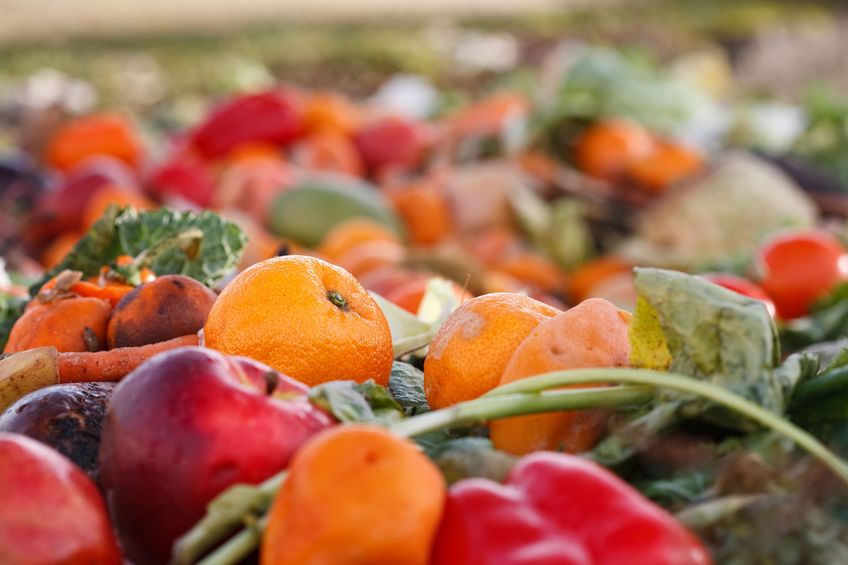Farm businesses wanted for food waste project

Agri-food businesses are wanted to take part in a pilot study looking to save 1.8m tons of fresh food waste per year by using the latest technologies.
Businesses which deal with the transportation and storage of fresh food, such as delivery companies, restaurants and farmers, are needed for the project.
The use of the Internet of Things (IoT) and Big Data will be used by the project REAMIT, spearheaded by the research group Interreg North West Europe, which includes UK participation.
A range of sensors will be fitted to the participants' lorries which will monitor and record food quality and signal potential issues.
Using these analytics, owners of food at risk of becoming waste will be provided with options to minimise waste via a smartphone app, such as redistribution to nearby customers.
With around 35% of waste occurring when food travels across supply chains, the group's project focuses on fruits, vegetables, meat and fish as these are wasted in large quantities.
It aims to save 1.8 million tons of food waste, or €3 billion per year and avoid 5.5 million tons per year of CO2 emissions.
As communication lead in the project, Nottingham Business School (NBS), part of Nottingham Trent University, is holding an event for agribusinesses to find out about the project.
Usha Ramanathan, Professor of Sustainability at NBS, said: “Companies taking part will be supplied with their data to make informed decisions on their processes, leading to potential financial savings improved carbon footprint.
“As well building networks within the food supply chain industry, delegates will hear from international speakers on the latest challenges in reducing food waste and the importance of IoT and Big Data technologies in the food chain.”








